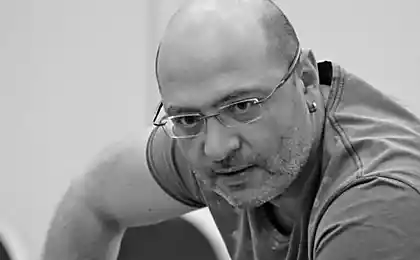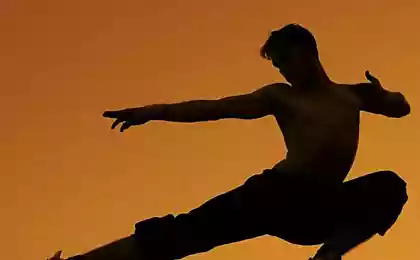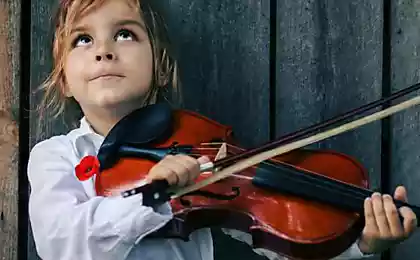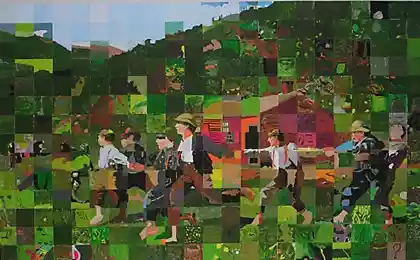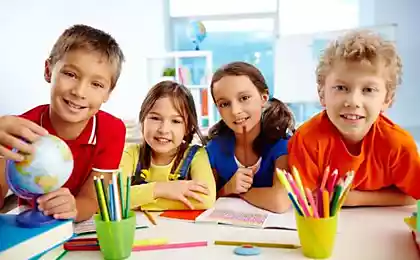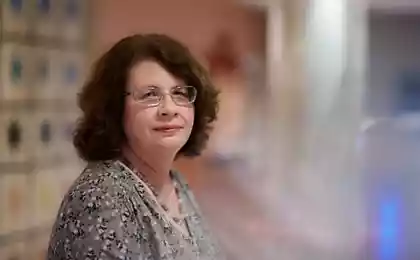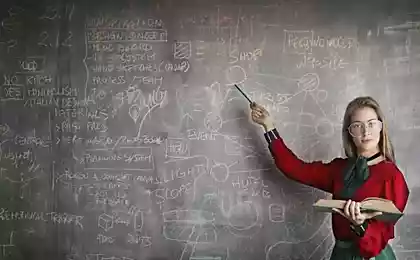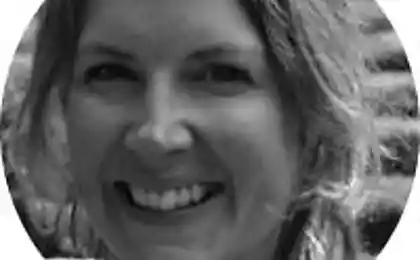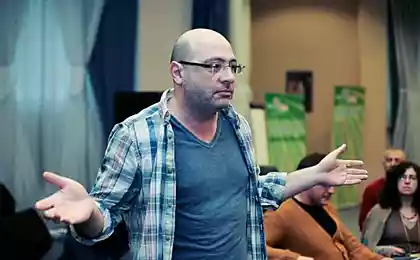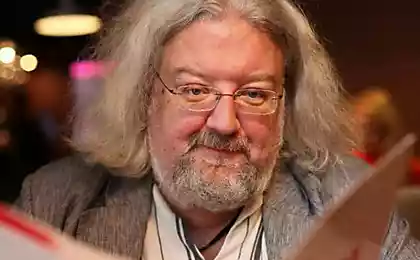349
How to help a B.
In pedagogical practice, a situation often arises when a weak, unsuccessful student has many “lawyers”:
What do teachers do?
Option one. Taking the example of “lawyers”, to organize a “conspiracy of corporate ethics” among teachers, not to make any concessions. Such pedagogical tactics are motivated by the fact that:
Such tactics can create chronic conflict. Not manifesting itself in acute forms, it, of course, contributes little to mutual understanding with students, creating a creative atmosphere in the classroom.
Option two. Without conspiring, give each teacher the right to choose their own tactics:
The compassionate will pity the child and overestimate the grades, because the whole class asks for this, so no one will be in a claim;
Non-conflict, fearing disapproval from students and parents, can also make concessions to avoid complicating the relationship;
Friendly students organize work in small groups in the lessons so that stronger students have the opportunity to really help their friend better absorb the educational material;
Emotional, of course, will enter the position of a loser: they will give him easy tasks and admire the smallest successes in the hope of awakening the desire to learn.
Principal will act on the first option.
Such tactics are similar to the models of “evil investigator – good investigator”, “carrot and stick”, the principle of the contrast shower. The child has a feeling that not all is lost, not everyone turned away from him, “the world is not without good people.”
Option three. In contrast to the "conspiracy of corporate ethics" to organize a "pedagogical consultation", which invite the student, his parents and the class asset. Having carefully analyzed the state of academic performance, attitude to educational activities and potential abilities of a teenager, finding out his interests and life plans, drawing up a roadmap for joint actions to overcome the crisis.
It is joint actions, where the main role is assigned to the student himself, his desire to escape from the “zone of failure”. Next to it is the family, because only in the family can you organize an effective individual approach, taking into account the state of health and the degree of learning of the child. After all, the school mark does not assess the potential of mental abilities - it only indicates either a good memory or a quick reaction to the perception of new information.
Classes with tutors (hired or own) - the only correct way out of this situation. Classmates can become such tutors if teachers use interactive forms of work in the classroom.
The development of a common strategy will certainly bring the positions of the parties closer together. Will force each participant in the process to look for internal reserves, without sacrificing moral principles.
Pitying for a loser can do him a disservice in life. Accustomed to parasitizing on condescension, how will he solve his problems in adulthood?
Mercy consists precisely in using the time allowed for indulgence to create the habit of not walking with an outstretched hand. The athlete at the start of the “special status” can hurt, and a small dose of “anger” accumulates strength. So in school, it is useful to “get angry” at intractable material and “take” it, if not on the first attempt, then on the tenth.
Education at school has the character of a training, preparatory stage. And adulthood can be compared with the Olympics, in which, as you know, the main thing is not victory, but participation. If you have no championship ambitions, of course.
By the way, reasonable and far-sighted, i.e. wise, parents can organize such a “pedagogical consultation” at home, inviting a class leader and classmates to it. This will do much more good than going to school with questionable requests. published
Author: Mila Alexandrova
Source: inmedio.ru/articles/112029-pedagogicheskaya-praktika-chem-pomoch-dvoechniku
What do teachers do?
Option one. Taking the example of “lawyers”, to organize a “conspiracy of corporate ethics” among teachers, not to make any concessions. Such pedagogical tactics are motivated by the fact that:
Such tactics can create chronic conflict. Not manifesting itself in acute forms, it, of course, contributes little to mutual understanding with students, creating a creative atmosphere in the classroom.
Option two. Without conspiring, give each teacher the right to choose their own tactics:
The compassionate will pity the child and overestimate the grades, because the whole class asks for this, so no one will be in a claim;
Non-conflict, fearing disapproval from students and parents, can also make concessions to avoid complicating the relationship;
Friendly students organize work in small groups in the lessons so that stronger students have the opportunity to really help their friend better absorb the educational material;
Emotional, of course, will enter the position of a loser: they will give him easy tasks and admire the smallest successes in the hope of awakening the desire to learn.
Principal will act on the first option.
Such tactics are similar to the models of “evil investigator – good investigator”, “carrot and stick”, the principle of the contrast shower. The child has a feeling that not all is lost, not everyone turned away from him, “the world is not without good people.”
Option three. In contrast to the "conspiracy of corporate ethics" to organize a "pedagogical consultation", which invite the student, his parents and the class asset. Having carefully analyzed the state of academic performance, attitude to educational activities and potential abilities of a teenager, finding out his interests and life plans, drawing up a roadmap for joint actions to overcome the crisis.
It is joint actions, where the main role is assigned to the student himself, his desire to escape from the “zone of failure”. Next to it is the family, because only in the family can you organize an effective individual approach, taking into account the state of health and the degree of learning of the child. After all, the school mark does not assess the potential of mental abilities - it only indicates either a good memory or a quick reaction to the perception of new information.
Classes with tutors (hired or own) - the only correct way out of this situation. Classmates can become such tutors if teachers use interactive forms of work in the classroom.
The development of a common strategy will certainly bring the positions of the parties closer together. Will force each participant in the process to look for internal reserves, without sacrificing moral principles.
Pitying for a loser can do him a disservice in life. Accustomed to parasitizing on condescension, how will he solve his problems in adulthood?
Mercy consists precisely in using the time allowed for indulgence to create the habit of not walking with an outstretched hand. The athlete at the start of the “special status” can hurt, and a small dose of “anger” accumulates strength. So in school, it is useful to “get angry” at intractable material and “take” it, if not on the first attempt, then on the tenth.
Education at school has the character of a training, preparatory stage. And adulthood can be compared with the Olympics, in which, as you know, the main thing is not victory, but participation. If you have no championship ambitions, of course.
By the way, reasonable and far-sighted, i.e. wise, parents can organize such a “pedagogical consultation” at home, inviting a class leader and classmates to it. This will do much more good than going to school with questionable requests. published
Author: Mila Alexandrova
Source: inmedio.ru/articles/112029-pedagogicheskaya-praktika-chem-pomoch-dvoechniku
The nature of trolling: sadism and Machiavellianism
Google stopped development of the car without a steering wheel and pedals
